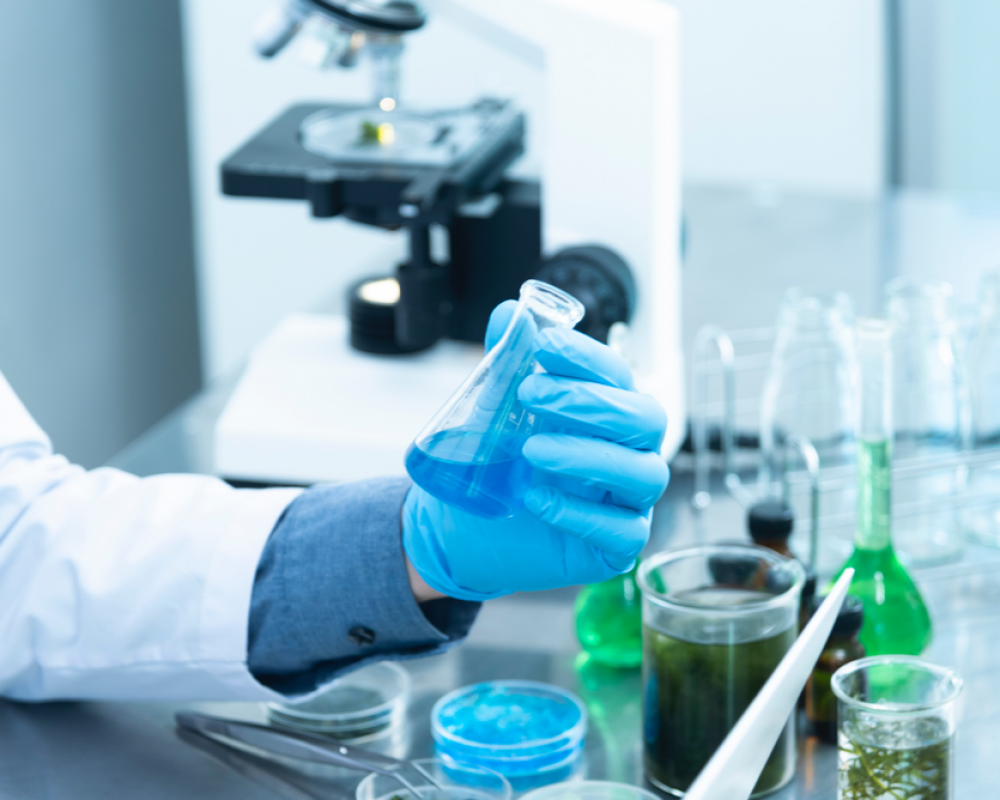
New funding will support Yorkshire businesses to develop anaerobic digestion technologies
Eligible businesses across Yorkshire are being urged to apply for a share of £600k to support their anaerobic digestion (AD) processes.
Eligible businesses across Yorkshire are being urged to apply for a share of £600k to support their anaerobic digestion (AD) processes.
AD turns waste materials into renewable energy and nutrient-rich fertiliser and is seen as a crucial technology to increase the sustainability of industry, reduce carbon emissions and is seen as vital in helping the region move to a low-carbon, circular economy.
The funding is being awarded through the ADCEY project (Anaerobic Digestion and Circular Economy Yorkshire), the Biorenewables Development Centre (BDC) and the University of York.
The Yorkshire Water Innovation Team will act as the ADCEY project’s Industrial Advisor and will offer a fuller understanding on how AD technologies and markets are evolving nationally and worldwide, as they are best equipped to know how to implement AD-based technologies.
Dr Danielle Hankin, Innovation Programme Manager at Yorkshire Water, said:
This is a fantastic opportunity for innovative businesses in our region to develop new sustainable products and further enable the shift to a low carbon economy.
A total of 31 fully funded AD projects are available to small and medium-sized enterprises (SMEs) across the Leeds City Region, York and North Yorkshire.
Companies can access the expertise and the state-of-the-art scale-up and analytical facilities of the BDC and of Professor James Chong’s research group at the University of York for help in researching or developing AD innovations.
This can include: desk-based studies, consultancy, laboratory tests, scale-up or demonstration activities. The ADCEY project will also support knowledge transfer and networking events for the regional AD industry by the BioVale innovation cluster.
Dr Joe Ross, Director at the Biorenewables Development Centre, said:
This support will help de-risk innovation by SMEs and enable the region’s AD industry to thrive and grow and to make the most of feedstocks from the region’s agriculture and the food and drink sectors.
Professor James Chong of the University of York, added:
“The AD industry makes a vital contribution by increasing our resource efficiency and reducing our carbon emissions. By supporting innovation in AD, we can boost both the region’s economy and its sustainability.”
Businesses interested in applying for funding should contact:
Dr Anna Alessi, Project and Communications Manager, Biorenewables Development Centre
+44 (0)1904 328052 or +44(0) 7885 377335, anna.alessi@york.ac.uk
Notes to editor:
- To be eligible for funding: companies must be located in the Leeds City Region or York and North Yorkshire Local Enterprise Partnership areas and be an SME
- The Anaerobic Digestion and Circular Economy Yorkshire (ADCEY) project has received £0.6M of funding from the England European Regional Development Fund as part of the European Structural and Investment Funds Growth Programme 2014-2020. The Ministry of Housing, Communities and Local Government (and in London the intermediate body Greater London Authority) is the Managing Authority for European Regional Development Fund. Established by the European Union, the European Regional Development Fund helps local areas stimulate their economic development by investing in projects which will support innovation, businesses, create jobs and local community regenerations.
- The Biorenewables Development Centre (BDC) is a University of York subsidiary, working at the interface between academia and industry to develop, scale-up and help commercialise new technologies using biomass and biowastes. http://www.biorenewables.org
- James Chong is a Professor in the Department of Biology at the University of York and Royal Society Industry Fellow. His research focus is on improving the outputs of AD by understanding microbial processes within AD.
- BioVale is an initiative to develop and promote innovation for the bioeconomy across Yorkshire and the Humber. It is a non-profit company, led by a steering group with representatives from industry, academia and local government. https://www.biovale.org/
